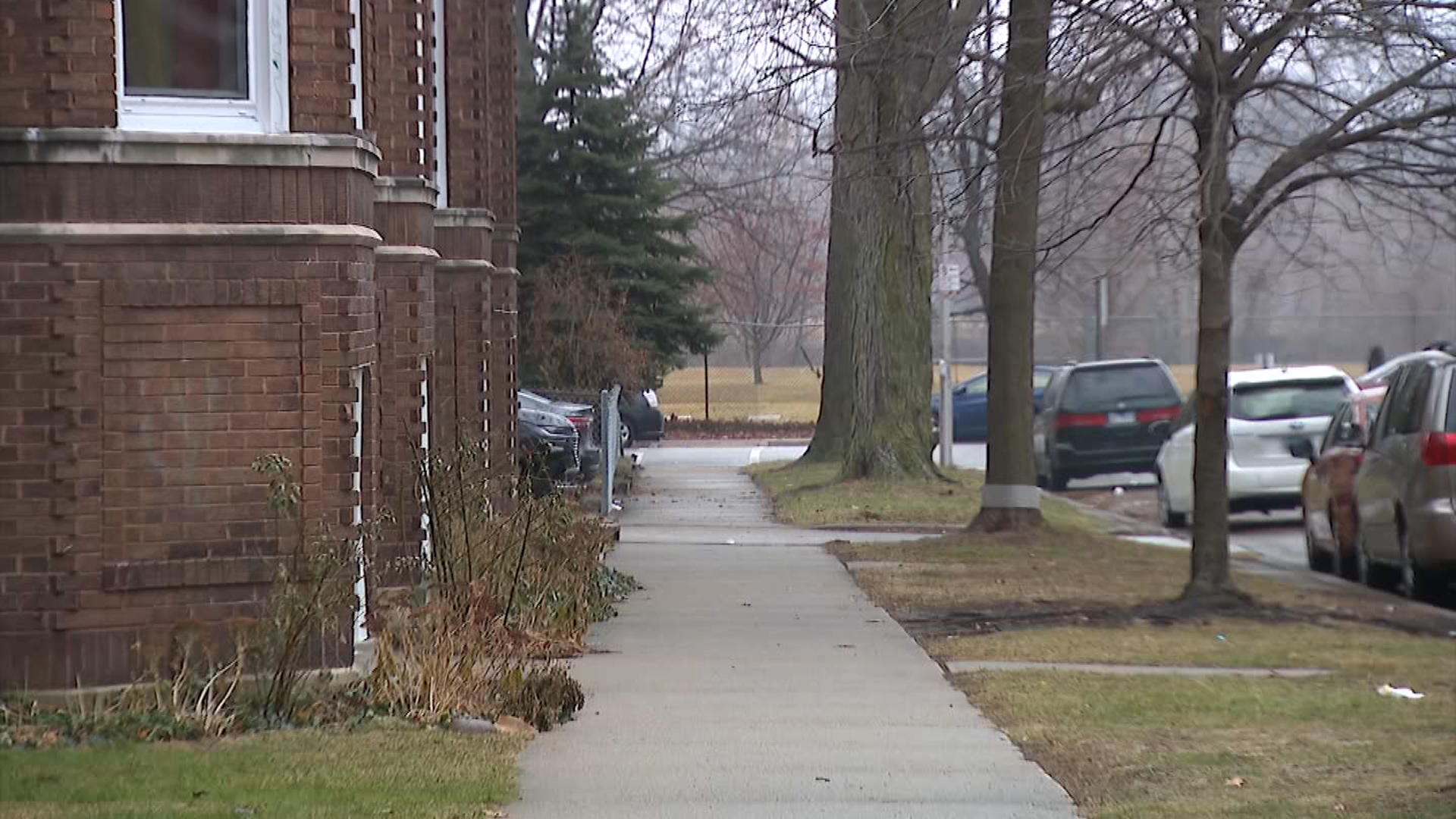If I give you access to capital, I expect to make a profit from that access.
Ventra, the new CTA transit fare collection system, includes a pre-paid debit card function that gives riders the ability to load up their cards with funds and to use their transit card as a debit card.
Many CTA riders are not accustomed to using their fare card to make purchases at the grocery store, for instance, but Ventra offers that option. Some riders who take advantage of this feature are going to encounter fees.
It’s a strategy that could well be used by CTA’s banking partner in the Ventra program, Metabank, to make money off of transit riders who take advantage of an embedded prepaid debit card function on the Ventra card.
Could is an operative word here. No one seems to know exactly how Metabank makes money from the Ventra deal. CTA officials say they don't know either.
There are literally dozens of strategies a bank can use to turn a profit through fee collection.
In fact, every Ventra card is delivered with a 12 page “Cardholder Agreement”, a sure sign that the program is designed to do more than simply collect fares for daily public transit.
Local
With reports growing daily that the CTA is experiencing problems with the Ventra rollout, more and more customers are reporting that they are being double or triple charged, charged fees they didn't expect or discovering that Ventra places a $5 hold on an account while certain transactions clear. The whole thing needs to be sorted out.
There’s no indication that the CTA, Metabank or any of the other companies involved in the public-private partnership that created Ventra is engaged in any wrongdoing, or has misled the public in any way.
But that’s due, in part, to the fact that there doesn't seem to be a whole lot of transparency over how Ventra is run, and even less around how the public-private partnership was set up. And no one really knows how many problems there are, or how much money is being collected in error.
More troubling, at least one of Ventra’s partners, Metabank, has had legal problems over prepaid debit cards in the past.
Which leads to a key question: Is the money collected in error as part of the Ventra program unregulated? Or did the CTA place safeguards into the agreement to ensure no private entity could profit from the problems of everyday Chicagoans who use the system?
If the Chicago City Council decides to go ahead and hold hearings over problems with the rollout of the Ventra program, as some aldermen want to do, there’s likely to be a whole series of questions the council members can ask of officials they call to testify.
Here’s another good place to start.
In Part One of Ward Room’s series on possible City Council hearings on Ventra problems, we looked at the reasons why CTA entered into a partnership with private companies for Ventra. In Part Three, we’ll look at some of the legal and ethical problems involved with a CTA partner in the deal.
A previous version of this column incorrectly stated that Metabank collected and held fare monies for short amounts of time and used that money for banking. We regret the error.



